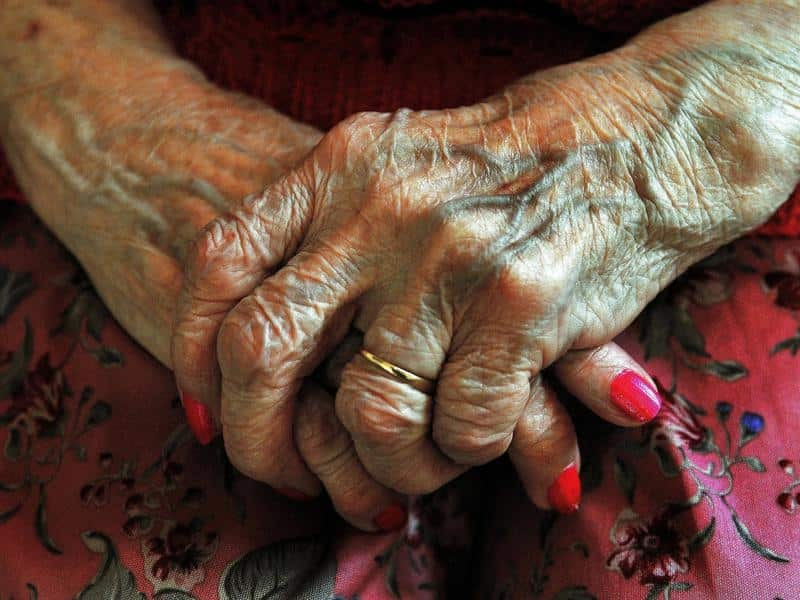Some Australians would rather die or "poke their eye with a pencil" than go into residential care, the royal commission into aged care has been told.
UnitingCare Australia national director Claerwen Little has revealed the grim consumer feedback her organisation took from a focus group and an online survey.
She said it found that people did not have a good understanding of the aged care system and it was something they did not think much about until they had to.
"Sadly, some people suggested they would rather die than go into a residential aged care facility," Ms Little said. "They would rather poke their eye with a pencil than have to enter a home.
"They would rather poke their eye with a pencil than have to enter a home.

There's a negative perception of working in the aged care sector, the royal commission has heard. Source: AAP
"The expectations of people are that residential aged care is not a good place to be."
Ms Little also called for more flexibility in regulations to allow residents to take some risks and have more choice about how they live their lives.
These changes could relate to things as simple as what they wear and whether or not they get up.
"The regulations as they stand are very rigid," she said. "They don't necessarily take into account an individual might have certain wishes and aspirations.
"They don't necessarily take into account an individual might have certain wishes and aspirations.

Some Australians would rather die or "poke their eye with a pencil" than go into residential care, the royal commission into aged care has been told. Source: AAP
"At the moment the regulations really bind up a system and the service."
On Tuesday the commission heard that the perception the sector was "the last place that you would want to work".
The inquiry was told that attracting staff was a pressing issue.
But the director of Catholic Health Australia Nicholas Mersiades said his organisation did not support the introduction of minimum staff to resident ratios, something he described as a "blunt instrument".
He said there were other ways of addressing the problem, including upskilling of personal care staff and offering better pay.
Mr Mersiades also called for efforts to be made to change the perception of aged care.
"If you go to a barbecue and you say you work in aged care, they sort of look at you," he said.
"The fact is that there's a lot of negative publicity out there and a lot of mixed messages which is clouding the reputation of the sector as a desirable place for people to work."
